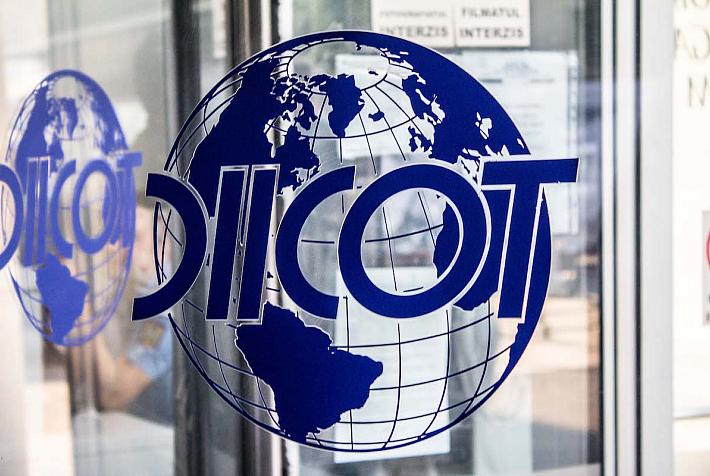Romanian employees work almost half a year just to pay their taxes

A Romanian works 174 days a year just to pay his taxes to the state. Thus, considering that someone first pays his taxes and then takes what’s left home, a Romanian would earn enough money to pay his annual tax burden on June 23, which is the unofficial Tax Liberation Day in Romania, according to “The Tax Burden of Typical Workers in the EU 28 – 2016” study by the Molinari Economic Institute.
Romanians are thus among the last in Europe to celebrate their tax liberation. This is due to a combination of high labor taxation and high VAT rate, according to the study, which takes into consideration the taxes on labor in each country and the VAT rate, as a big part of the employees’ revenues (about a third on average) go on consumption, which is also taxed.
The study takes into account the old VAT rate of 24% in Romania, but this was cut to 20% starting January this year, which means that the actual Tax Liberation Day may have moved a bit earlier.
However, a fact that remains valid is that Romania has the eight-highest labor taxation rate in the European Union although the average gross wage in the country is the second-lowest in the EU.
For each EUR 1 net that an employee in Romania gets at the end of the month, the employer must spend EUR 1.76. The EUR 0.76 difference goes to the state as social security tax and income tax.
Only 7 EU countries have higher labor taxation rates. France is the European leader in terms of taxation, as the employers there have to spend EUR 2.2 for each EUR 1 their employees take home. Belgium is second, with EUR 2.16, followed by Austria, with EUR 2.06, Hungary, with EUR 1.99, and Germany, with EUR 1.97.
Greece (EUR 1.91) and Italy (EUR 1.86) are also ahead of Romania.
At the other end, Cyprus has the lowest labor taxation rate, as an employer in Cyprus spends only EUR 1.23 for each EUR 1 net that its employees take home. Malta (EUR 1.33), Ireland (1.37), UK (EUR 1.44), and Bulgaria (EUR 1.5) also have low labor taxation rates.
The real average gross salary in Romania, which is the amount that employers spend for each of their employees, is some EUR 7.175 per year, according to the study. This is the second-lowest level in the EU, although it is over EUR 1,200 (or 21%) higher than the one in Bulgaria, where the average sum employers spend on their employees is EUR 5.927.
However, after the state takes all of its taxes on the salary, the average Romanian employee walks home with EUR 4,076 at the end of the year, just EUR 118 (or 3%) more than the Bulgarian, who remains with EUR 3,958. This shows that, although Romanians seem to be doing better than Bulgarians, in terms of (gross) average wages, the real difference is not that big.
The same study reveals that a Romanian employee should work five years to get the net salary that a Spaniard (EUR 20,603 net) or an Italian (EUR 21.246) gets in one year, six and a half years to make what a German makes (EUR 27,839), and more than nine years to get a Brit’s yearly net salary (EUR 37,122).
The full study is available here.
Finance minister: Romania can’t afford to cut social security contributions
Romania’s Senate approves social security contribution cut
editor@romania-insider.com












